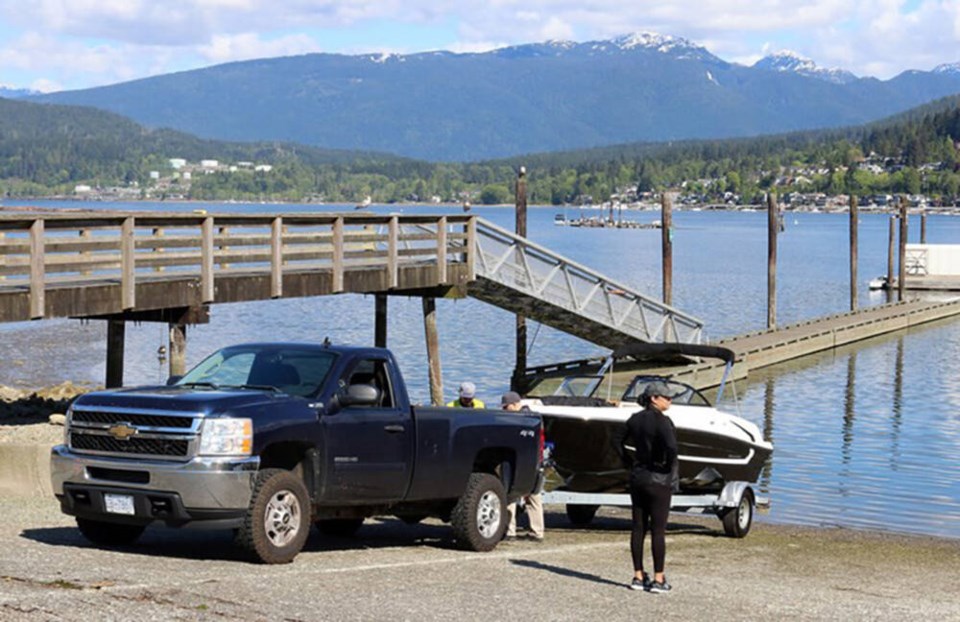It could soon cost more to get fit, go skating or book a community hall in Port Moody.
But how much boaters will have to pay to launch their craft from the ramp at Rocky Point Park is still to be determined.
Tuesday, council will consider a staff recommendation to raise fees by three per cent for many community and recreation services the city provides — while the fees for recreation drop-in programs and passes go up seven per cent.
In a report, Port Moody’s general manager of community services, Anna Mathewson, said the proposed fee hikes considered inflation, the cost of providing the service, how city facilities are used by groups and what neighbouring communities are charging.
Some of the proposed boosts are:
- 3% for booking Old Orchard Community Hall or Queens Street plaza
- 1% for school and minor sports groups booking an arena, while adult groups will pay 4% more
- 3% for all curling fees
- 3% for weekday rentals of picnic shelters
While most fitness programs will go up seven percent under the proposal, the rate for seniors 85+ will stay the same.
Mathewson said “the increases are needed to keep pace with growing inflation and salary costs including recent increases in the minimum wage.”
The higher recreation fees would take effect in September while others would be implemented in the new year.
Meanwhile, staff continue to study how boaters using the launch at Rocky Point Park could be required to cover more of its operational and maintenance costs.
Currently, boaters can purchase a $25 day pass to launch their craft from the ramp and park their vehicle and trailer while an annual pass costs $177.75 for residents of Port Moody and Burnaby, or $311.80 for non-residents.
Those fees brought the city about $109,000 in 2021, according to a previous report.
But after a dredging project in February to clear the navigation channel out to Port Moody Inlet and prevent damage to the adjacent dock and pier cost the city $750,000 — triple the amount originally budgeted — council tasked staff to investigate a new payment model that would have boaters cover 100 per cent of the launch’s costs.
The increased cost for the dredging, that needs to be done every five or six years, was attributed to pollutants like dioxin and furan being detected in the sediment that needed to be removed.
That meant it had to be transported to a regulated disposal site rather than just dumped into deeper ocean waters.



